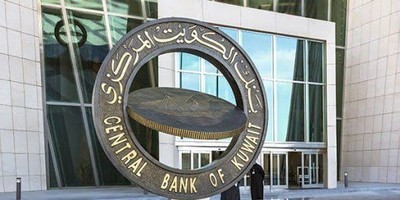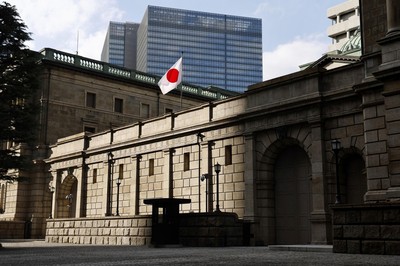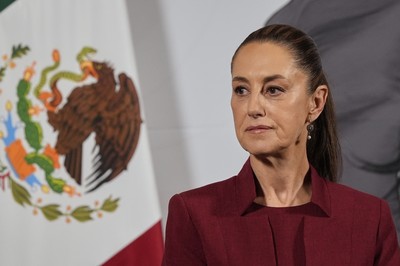KUWAIT CITY, Sept 6: Fitch Ratings has reaffirmed Kuwait’s long‑term foreign‑currency issuer default rating at “AA‑” with a stable outlook, the Central Bank of Kuwait (CBK) said in a statement on Friday.
Fitch highlighted Kuwait’s exceptionally strong fiscal and external balance sheets as key rating supports, but noted constraints such as governance challenges, heavy reliance on oil, and the burdens of a generous welfare system and large public sector—factors that may exert long-term fiscal pressure despite efforts at spending rationalization.
Fitch forecast Kuwait’s sovereign net foreign assets will rise to approximately 607% of GDP in 2025, up from an estimated 576% in 2024—more than ten times the ‘AA’ median. These assets are primarily held in the Future Generations Fund, managed by the Kuwait Investment Authority (KIA), which also oversees the General Reserve Fund (GRF), the government’s treasury account.
On reform, Fitch noted that Kuwait has resumed efforts that were previously stalled—approving a new financing and liquidity law that allows debt issuance for the first time since 2017. The law envisages raising KD 30 billion (approximately USD 100 billion)—equivalent to about 60% of GDP—over the next 50 years. This move aims to ease pressure on the GRF, develop local capital markets, establish a benchmark yield curve, and fund development projects.
Despite improvements, Fitch projected fiscal shifts:
- A surplus of 10% of GDP in FY2025, up from 8.9% in FY2024.
- A budget deficit of 5.6% of GDP in FY2025, widening from 2% in FY2024—higher than the projected ‘AA’ median of 2.6%.
- Expenditure is seen rising to support delayed capital projects but staying under 51% of GDP.
- Oil revenue is expected to decline due to lower prices, though easing OPEC+ production quotas from Q2 2025 may counterbalance declines.
- Around 70% of the deficit is projected to be financed through domestic and external borrowing, with the remainder covered using GRF assets.
Government debt/GDP is forecast to climb from 2.9% in FY2024 to nearly 12% by FY2027, but still remain well below the projected AA median of 52.4%.
The agency also forecast that real GDP growth will resume at 1.7% in 2025, following two years of contraction due to OPEC+ production cuts. Inflation is expected to stay below 3% during 2025–2027, though the central bank may tread cautiously on rate cuts amid rising geopolitical risks.
Fitch noted that regional conflicts and disruptions to Red Sea shipping have had minimal impact on Kuwait, owing to its sizeable sovereign assets that buffer the economy against external shocks. Nonetheless, the country’s dependence on hydrocarbons remains a key vulnerability, making its fiscal outcomes highly sensitive to movements in oil prices.
On governance, Kuwait received an ESG Relevance Score (RS) of “5[+]” for Political Stability, Rights and Rule of Law, Institutional and Regulatory Quality, and Control of Corruption. These scores, reflecting above-50th percentile rankings on World Bank Governance Indicators, strengthen Kuwait’s credit profile under Fitch’s sovereign rating model.

 Latest News22 hours ago
Latest News22 hours ago
 Business15 hours ago
Business15 hours ago
 Politics8 hours ago
Politics8 hours ago
 Latest News15 hours ago
Latest News15 hours ago
 Latest News13 hours ago
Latest News13 hours ago
 Latest News6 hours ago
Latest News6 hours ago
 Politics5 hours ago
Politics5 hours ago
 Latest News5 hours ago
Latest News5 hours ago




















